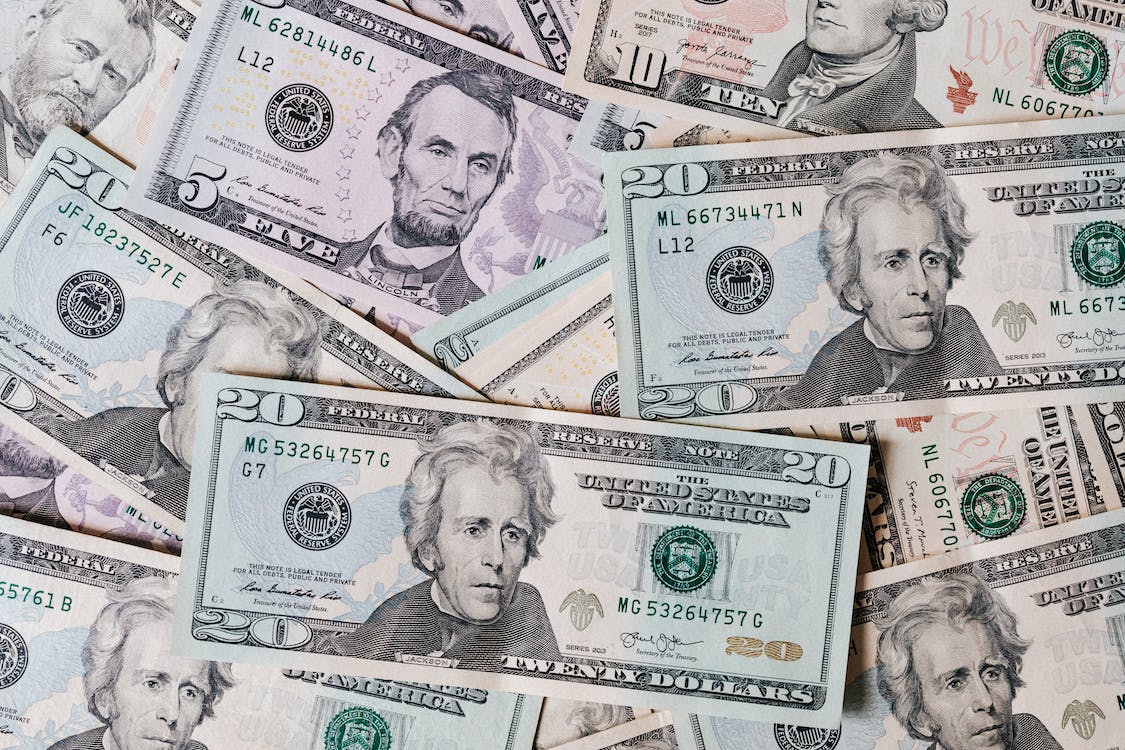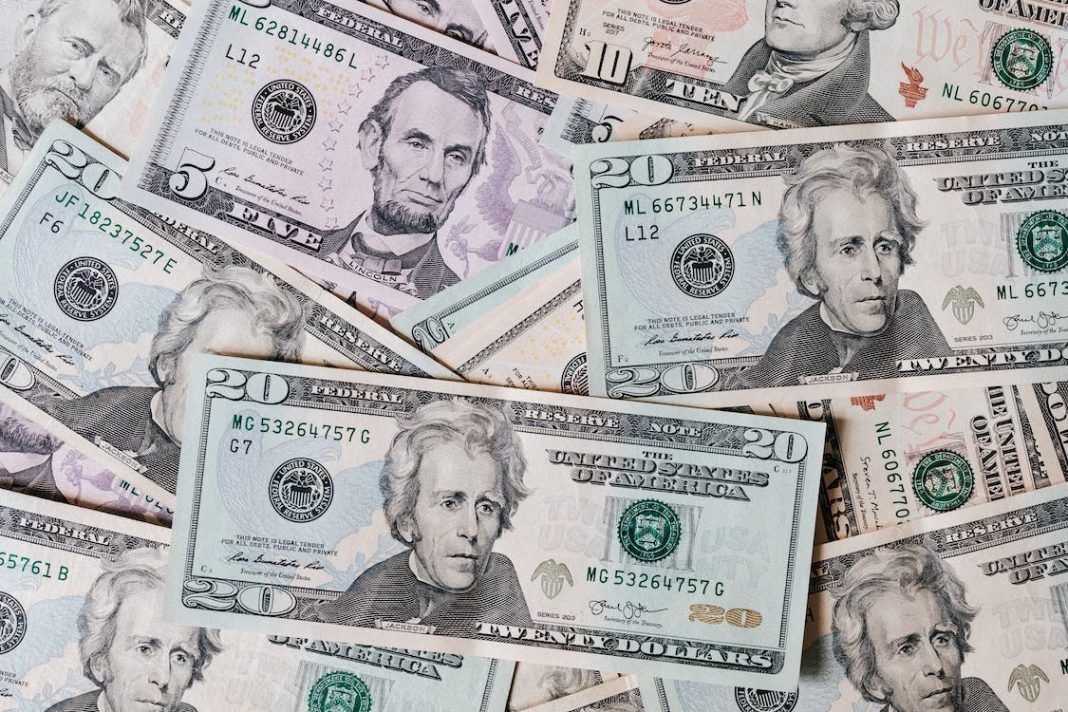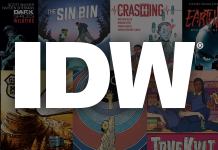As 2022 draws to a close, there are whispers, statements and shouts about slowing sales and late payments from various publishers.
Over the last few months, a number of comics creators have taken to social media to discuss late or non-payments. And retailers are increasingly talking about a glut of product – particularly periodical comics.
It’s not hard to draw a line between these two things.
On a podcast with Sktchd’s David Harper, Bruno Batista of Dublin’s Big Bang Comics talked at length about the product glut on the market. “The market cannot take the outpouring of new titles that seem to have no clearly defined audience.”
(The Beat’s Heidi MacDonald was also a guest on this episode, talking about how freelancer rates haven’t increased in more than 20 years.)
Meanwhile, over the weekend, names were finally named – specifically AfterShock and Valiant – about publishers owing late payments to creators – although there are several others that creators are talking about privately – and perhaps soon not so privately. You can read the details below, but in a report on the matter Graphic Policy’s Brett Schenker noted that
AfterShock Comics, which has slowed the release of its titles, figured in many of the accusations and released a statement to The Beat regarding the claims:
“The truth of the matter is that the company is addressing late payments as outstanding funds owed to the company come in. There are no non-payments. Everyone who is owed money will be paid. We recognize our obligations and consider creator compensation our number one priority. We apologize for this situation and are making our best efforts to rectify it as quickly as possible.”
The outcry against late payments came to a head late last week, when writer and artist Will Robson wrote a thread on Twitter bemoaning the length of time it’s taking for some publishers to pay their creators. In the thread, Robson described the typical model for freelance artists, in which the onus is on them to complete weeks’ worth of work before even beginning the payment process, and the hardship that’s caused when publishers are late – in Robson’s case, “5-10 WEEKS late” – with payments. He elaborated that “the biggest companies in the business are now delaying payments regularly,” which is what led him to speak out.
Among the many responses to Robson’s thread, Joe Quinones tweeted about a pair of publishers who either were or currently are extremely late with payments for completed work. “Waited recently over a full year on one publisher before getting paid,” Quinones wrote, “and currently still awaiting payment, running on six months now from a second prominent publisher who has largely ghosted me relating to two separate cover I crafted for them last summer.” In another tweet, Quinones clarified that the second publisher is Valiant, with the work in question being covers for issues of Bloodshot and Archer & Armstrong.
Later on, writer Alex De Campi identified AfterShock as another publisher with overdue payments due to creators. De Campi quoted Robson’s initial tweet, as well as another with the name redacted, which has since been deleted by the original poster. The second quoted tweet describes a publisher, identified by De Campi as AfterShock, optioning one of the creator’s books “(without telling me or the team at the time) and still [saying] they couldn’t pay.”
Reading the responses to these tweets is an indication of how widespread the problem is. A slowing economy, and slowing book sales are surely part of the problem.

[Joe Grunenwald and Heidi MacDonald contributed to this report.]









What abot Aftershock’s now-erratic publishing schedule?
Of note, AHOY! Comics pays exceedingly quickly/promptly.
Even if there may be solvency issues with the publisher, it should not override paying for the product.
As a buyer/reader of comics, it has long been observed by me that Aftershock titles rarely run very long and after two series that I liked ended with cliffhangers within 5 or so issues, with no intention to come to a conclusion, it has occurred to me that maybe the point of all these new series that never go very far are more aimed at getting development by studios, etc., rather than actually aiming to appeal in the longer run to comics fans.
To me it is sad. I understand the business end of trying to get stuff picked up for development, and though I am not certain if this is the reason for so many titles to appear and then vanish so quickly, it does not engender long term relationships with readers and fans. I also note in the article one creator claiming their work getting optioned without being told and to me, this lends credence to my theory.
I like the guys there and have known Joe Pruett since the Compuserve days, but after being burned more than once on titles that never finished telling a story, I bailed. I hope they can get caught up and pay who they need to as it is a tough business in the best of times, let alone when folks do not get paid promptly.
My heart goes out to freelance creators everywhere — and not just in comics. Sketch card artists for the trading card companies have been dealing with similar delays for several years. I waited 14 months to be paid by Cryptozoic for 35 full-color sketch cards I sent off in April 2019 for the series, DC Super Heroes and Super Villains. Previously to that, I’d drawn more than 750 sketch cards for 10 Topps trading cards series from 2012-2019, with no late payments. But even Topps has had late payment issues the last year or so since they were bought out.
Back in 1978, after four years in a union “day job,” I had finally reached a point where I was good enough at lettering, penciling and inking to turn pro full time, but after much soul-searching, I decided to forego the risky freelancer route and stick with jobs that had paid holidays and paid vacations, medical, dental, a guaranteed 40-hour workweek, some sort of pension plan, and other benefits. I still drew, but only when I felt like it, and only on projects I was interested it. Sometimes it was for friends, sometimes I self-published, and sometimes I agreed to pro gigs.
Turning my back on a career in comics was the best decision I ever made. I don’t have to worry about getting jerked around and then suffering in silence so I won’t be blacklisted or marginalized for speaking the truth.
Frankly, I think it’s criminal to string freelancers along when their creative work is their only source of income.
It has been speculated for some months now that Hollywood is pulling back on streaming spending. That possibility alone is likely to kill a number of publishers, including Aftershock, that clearly produce titles for the sole purpose of trying to option them.
Comments are closed.